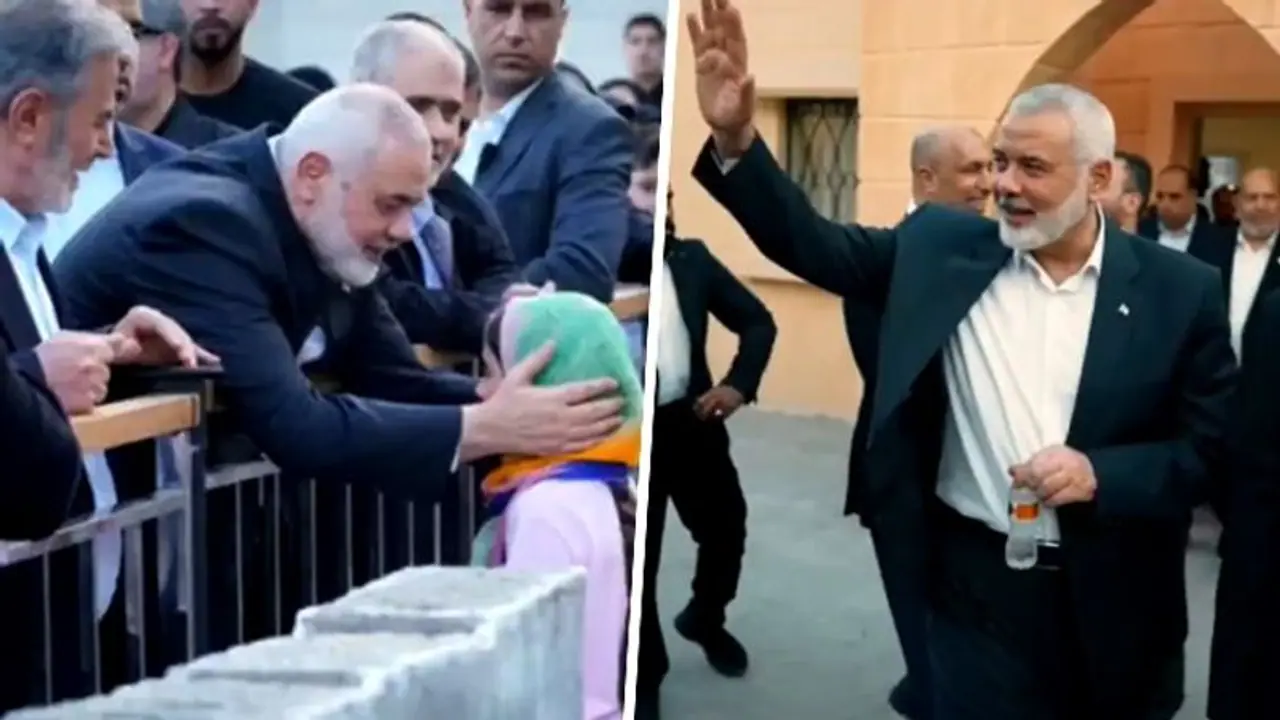Following the assassination of Hamas chief Ismail Haniyeh in Tehran, Iran's Supreme Leader Ayatollah Ali Khamenei has reportedly authorized a potential retaliatory strike against Israel.
Following the assassination of Hamas chief Ismail Haniyeh in Tehran, Iran's Supreme Leader Ayatollah Ali Khamenei has reportedly authorized a potential retaliatory strike against Israel. The decision was made during an emergency session of Iran's Supreme National Security Council on Wednesday, as reported by The New York Times, citing three Iranian officials.

Haniyeh, who was in Tehran to attend the inauguration of Iran's new president, Masoud Pezeshkian, was killed around 2 am local time after meeting with Khamenei. Both Iran and Hamas have accused Israel of orchestrating the assassination, though Israel has not confirmed or denied its involvement.
Khamenei responded by reportedly instructing Iran's Revolutionary Guards and military leaders to formulate plans for both offensive and defensive actions. These plans include the potential use of drone and missile attacks targeting military installations near Tel Aviv and Haifa, with a focus on avoiding civilian casualties, according to an Iranian official.
Another possible scenario involves a coordinated strike from multiple fronts, including Yemen, Syria, and Iraq, where Iran has influential allies. This strategy aims to maximize the impact of their retaliation.
Throughout the nearly 10-month-long conflict in Gaza, Iran has sought to strike a balance by intensifying pressure on Israel through increased attacks by its allies and proxy forces in the region, while avoiding a full-scale war between the two nations.
In April, Iran launched a barrage of missiles and drones against Israel in retaliation for an Israeli strike on its embassy compound in Damascus, Syria, which killed several Iranian military commanders. Supreme Leader Ayatollah Ali Khamenei publicly indicated that Iran would respond directly, stating, "we see avenging his blood as our duty," and warned that Israel had paved the way for "a severe punishment," as reported by the New York Times.
Several Iranian officials, including newly elected President Masoud Pezeshkian, the Foreign Ministry, the Revolutionary Guards, and Iran's UN mission, have publicly stated that Iran will retaliate against Israel, emphasizing the country's right to defend its sovereignty.
Iran, along with its regional allies—Hamas, Hezbollah in Lebanon, the Houthis in Yemen, and various militias in Iraq—collectively forms the "axis of resistance." Leaders from these groups attended Pezeshkian's swearing-in ceremony in Tehran on Tuesday.
Analysts further suggest that Tehran views this retaliation as a deterrent against future Israeli actions targeting other key figures, such as Hezbollah leader Hassan Nasrallah or Quds Force commander General Ismail Qaani. As the situation develops, the potential for a significant escalation in the region remains high, with both Iran and Israel on high alert.
